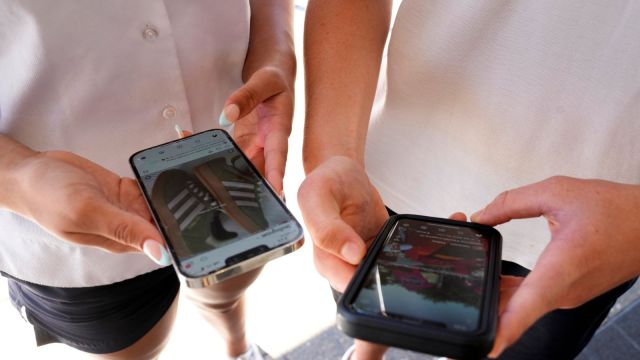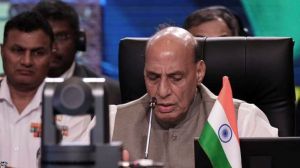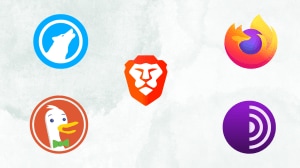Australia to ban social media for those under 16: What should parents do to protect their kids?
Body image issues, cyberbullying and mental health challenges are real concerns
 Based on Facebook’s internal research, which the Press made public in 2021, Instagram knew that it was having a harmful impact on teenage girls, particularly related to body image issues, self-esteem and taxing their mental health. (AP)
Based on Facebook’s internal research, which the Press made public in 2021, Instagram knew that it was having a harmful impact on teenage girls, particularly related to body image issues, self-esteem and taxing their mental health. (AP)Australia has done what many countries in the world have not, proposing a ban on social media use among those under 16. Mind you it is not blocking the internet or access to information but limiting access to platforms like Instagram and Facebook, considering their harmful impact on body image, social anxiety and digital addiction. Question is whether it can weather-proof them as intended?
What are social media pitfalls for the young?
Based on Facebook’s internal research, which the Press made public in 2021, Instagram knew that it was having a harmful impact on teenage girls, particularly related to body image issues, self-esteem, building unrealistic expectations, creating a flimsy benchmark of validation based on appearance, magnifying peer pressure, peddling myths and taxing their mental health.
Studies have shown that children who spend more than three hours a day on social media are twice as likely to experience mental health issues like depression and anxiety based on images of what they don’t have in their lives. Exposure to social media is highly disruptive, causing distractions during classes or homework time. Browsing platforms on mobile phones before bedtime can lead to poor sleep quality and quantity. Frequent social media use can alter parts of the brain that are related to emotions and learning. This is significant as the human brain develops a sense of identity and self-worth between the ages of 10 and 19.
Limiting social media use can significantly reduce chances of cyberbullying, online harassment and body shaming. As social beings, children rely more on texting and social media, which can reduce their ability to communicate in real time.
Additionally, limiting app time can encourage children to spend more time outdoors, engage in physical play, hobbies and lead healthier lifestyles. Excessive use of social media apps tends to make children more sedentary.
But can a ban work on children who have already been exposed?
Those in their early teens are often resistant to restrictions and may rebel against any kind of restriction. They may feel entitled to have the same access to technology as their peers elsewhere. This resistance could lead to conflicts between parents and children, creating interpersonal stress and mistrust.
Bans don’t work. For example, banning substances like alcohol can often lead to increased use. So, tech savvy kids may find ways to circumvent it. Besides, it may affect their way of processing online communication later.
What’s best then?
A better solution is education and digital literacy — explaining the benefits and risks of social media and helping children develop self-discipline when it comes to using their devices. Ongoing communication and guidance will help children avoid excessive use. Create a family media use plan, ban bedtime use, set boundaries for accessing content and encourage in-family communication and conversations.
(Dr Shaunak Ajinkya is psychiatrist, Kokilaben Dhirubhai Ambani Hospital, Mumbai)





- 01
- 02
- 03
- 04
- 05


























